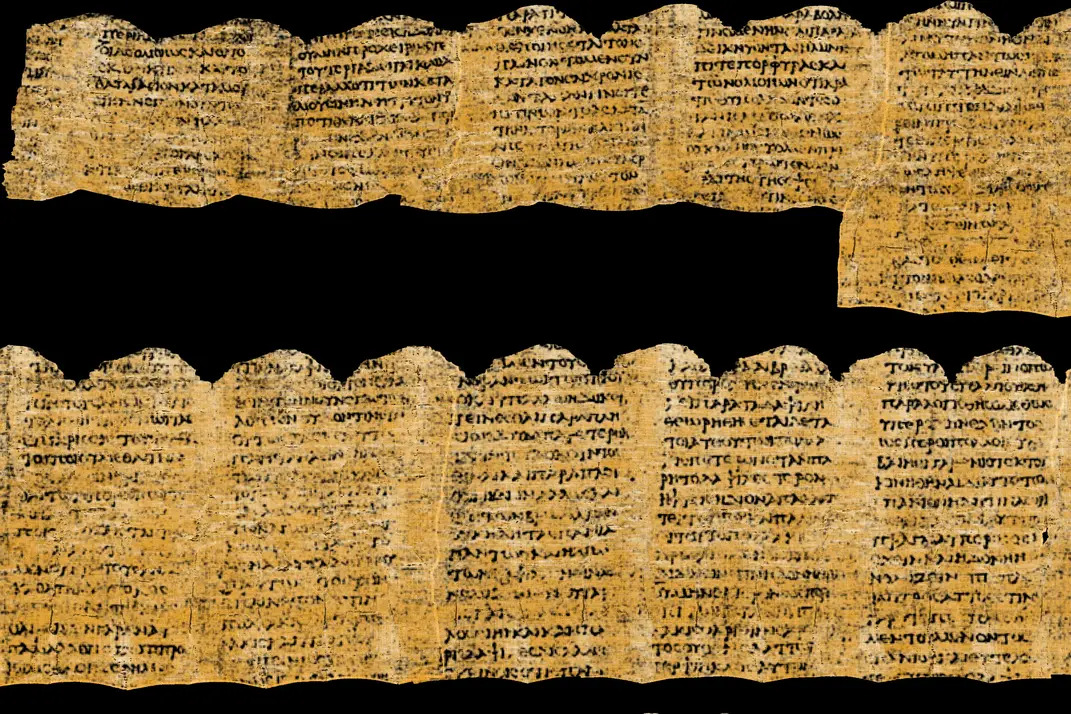Breakthrough in the study of ancient scrolls
Three young computer scientists, including D-INFK alumnus Julian Schilliger, have achieved what researchers have been trying to do for 270 years: Using artificial intelligence, they have extracted text fragments from fragile papyri. This has been generously rewarded.
NZZ – Neue Zürcher Zeitung: external page Durchbruch in der Erforschung antiker Schriftrollen: Schweizer ETH-Absolvent legt vermeintlich unleserliche Texte frei (14.02.2024)
They lay hidden for 1800 years, buried deep under a layer of lava - 800 papyrus scrolls, once in the Roman city of Herculaneum. They were only discovered in the 18th century, and researchers have been trying to decipher their contents ever since. These ancient texts may hold revolutionary knowledge about the ancient world. Despite years of effort, no progress was made until a new technology, 'digital scrolling' with high-energy X-rays, brought hope.
In the midst of this journey of discovery, Julian Schilliger, a young Swiss graduate of the Department of Computer Science, steps onto the scene. What began as a side project led him and his team (Youssef Nader and Luke Farritor) to take on the Vesuvius Challenge. With their dedication and innovative approaches, they managed to unravel the encrypted text fragments and win the grand prize. This historical revelation could not only provide insights into the minds of ancient thinkers such as Philodemus of Gadara, but also pave the way for further discoveries.
Click here for the external page NZZ article.


Julian Schilliger completed his Bachelor's degree in Computer Science and then his Master's degree in Robotics, Systems and Control at ETH Zurich. He was finalising his Master's thesis in robotics when he saw the call for entries for the "Vesuvius Challenge" online at the beginning of 2023. Julian Schilliger describes his experience of the challenge on Twitter/X as "great".